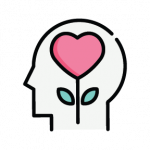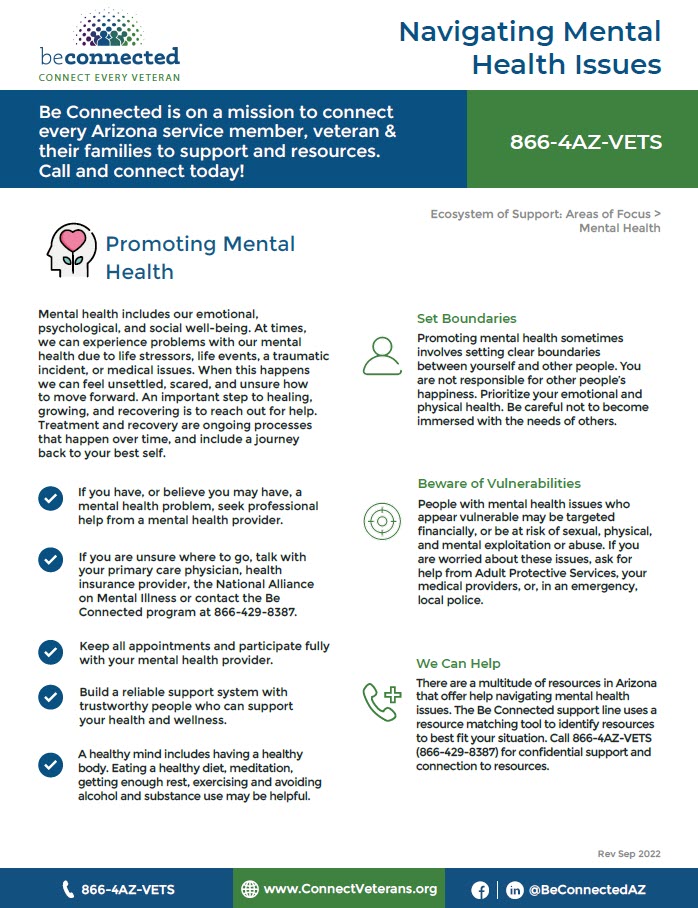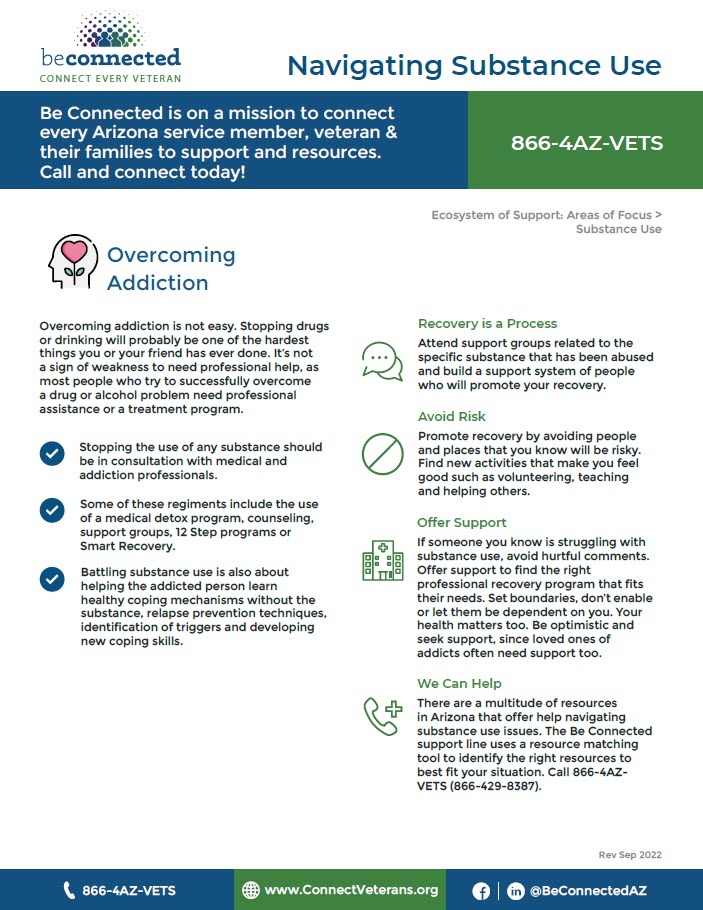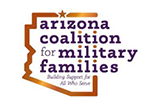Explore the 10 Areas of Focus within the The Be Connected Ecosystem of Support
Managing the unique and specific needs of the individual to address the immediate requirements and work toward long-term success.

Mental Health
Mental health includes our emotional, psychological, and social well-being. At times, we can experience problems with our mental health due to life stressors, life events, a traumatic incident, or medical issues. When this happens, we can feel unsettled, scared and unsure of how to move forward. Therefore, the first step to healing, growing, and recovering is to reach out for help. Treatment and recovery are ongoing processes that happen over time and include a journey back to your best self.
Mental Health FAQs
- Take breaks. When something becomes too overwhelming, take a break from it. Walk away and engage in a different activity that is rejuvenating, such as exercise, a quick shower, walking or watching television.
- Practice mindfulness activities and gratitude. Engaging in spiritual or religious activities, volunteering or mediation can help with stress management.
- Do things that make you happy, such as swimming, painting, biking, etc.
- Exercise! Exercise releases endorphins, which flood the body with serotonin, making you happier and healthier.
- Gather a support system, such as family, friends, co-workers, significant others, anyone you trust and are comfortable with, and spend time talking and enjoying their company.
- Set time aside with no distractions to offer support. It is important to provide an open and non-judgemental space to listen. Keep questions open-ended and give the person time to answer.
- Let them share as much or as little as they want to, and let them lead the discussion at their own pace.
- Don’t put pressure on them to tell you anything they aren’t ready to talk about.
- Don’t try to diagnose or second guess their feelings. You probably aren’t a medical expert and, while you may be happy to talk and offer support, you aren’t a trained counselor.
- Talk about wellbeing and ways of de-stressing or practicing self-care, and ask if they find anything helpful. For example, exercising, having a healthy diet and getting a good night’s sleep can help protect mental health and sustain wellbeing.
- Listen carefully to what they tell you, offer them help-seeking professional support, and provide information on ways to do this.
- Know your limits, and if you believe the person is in immediate danger or they have injuries that need medical attention, you need to take action to make sure they are safe. Please call 1-800-273-8255, press one if the person is a veteran.
Substance Use
Many people think they can stop a drug or alcohol problem on their own. Unfortunately, overcoming addiction is not easy. Stopping drugs or drinking will probably be one of the hardest things you or your friend has ever done. It’s not a sign of weakness if you or they need professional help, as most people who try to kick a drug or alcohol problem need professional assistance or a treatment program to do so.
Stopping the use of any substance should be done in consultation with medical and addiction professionals. Following any medical detox program, counseling: individual or group, support groups, 12 Step programs or Smart Recovery help the addicted person learn healthy coping mechanisms without the substance, relapse prevention techniques, identification of triggers, and new coping skills.
Substance Use FAQs
Many resources in the state of Arizona offer help, including community, government and military benefits. However, these systems can be complex and overwhelming to work through, especially when seeking a resolution to an immediate need. Be Connected uses a resource matching tool to help find the right information and resources that best fit your situation. Please call 866-429-8387 for additional assistance.
The ten areas of focus include Basic Needs, Employment, Family & Social Supports, Finances & Benefits, Higher Education, Housing & Homelessness, Legal, Mental Health & Substance Abuse, Physical Health and Spirituality.
Click here to view the other 10 Areas of Focus Be Connected can help with!






